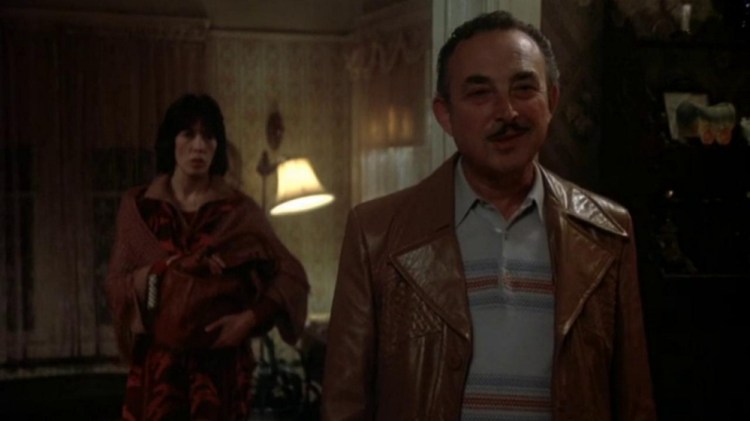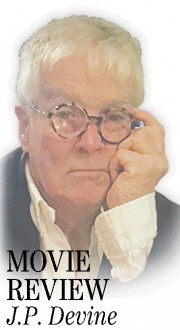“Be loyal to your client, even at the cost of your own personal gain or safety.”
— Author Raymond Chandler’s character Philip Marlowe in “The Big Sleep”
When you shuffle through director Robert Benton’s deck of great films and come to his 1977 film noir lite “The Late Show,” you might pause to wonder if this was the same writer/director who stunned the movie world with such a big screen serious masterpiece as “Bonnie and Clyde,” his debut entry into the A list. But this is what great directors do. They work like great boxers, dazzling you with one theme, and then coming back at you with something entirely different that knocks you off your feet.
“The Late Show” is a semi-satire full of all the tricks Benton absorbed from the long list of Warner Brother’s classic film noir private eye flicks.
Benton gives us Ira Wells, a down-on-his-heels private eye from out of the fog. Think Bogie’s Sam Spade, having spent 30 years waiting for Mrs. Shaughnessy to come out of prison, only to find out that she came out years before and married the Fat Man.
Or Dick Powell’s Philip Marlowe, having given up looking for Moose Malloy’s Velma, gone to drink and falling into the belly of old 1977 Los Angeles.
But Benton picked Art Carney, the old comedian from television fame. It was a smart choice. Nobody could play a grumpy, rumpled old P.I. like Carney. As Ira, with his glory days gone, he lives in a rented room furnished only with the essentials: a hot plate, a shower, a dresser and a bed table to keep a bottle in.
I’ll give it to Benton; I spent the ’70s in Hollywood, and he really got it right, from the porno movie theaters to bus stop signs and those cheesy faux Mexican studio apartments.
I could almost smell the backyard grill smoke, the exhaust from the bus on Santa Monica Boulevard, the motels with the colored garden lights, and the lonely souls waiting on sign-painted bus benches for buses that never come.
“The Late Show,” like Ira’s room, is populated with just the right essentials: a petty thief (Bill Macy); a handsome, stupid gunman with a silencer weapon (John Considine); and a ditzy blond suspect (Joanna Cassidy).
Benton gives Ira an unlikely partner, Lily Tomlin as Margo Sterling, an Om-chanting lost soul who lives in kimonos and warms her apartment with incense.
She is here because she’s lost her cat and she wants Ira to find it, for 25 bucks.
Tomlin became a famous telephone operator comic on the old “Rowan & Martin’s Laugh-In” show, a role she was good at, and went on to become a writer and stage performer. But Tomlin was a weak straight actress who liked to improvise, much of what Benton seems to let her do here. Shirley MacLaine would have aced it.
It’s sad to see the good old Howard Duff, film star of the ’50s, make a spot appearance, showing up at Ira’s door, mouth full of blood. He has one or two lines and dies. Duff, who had one of the great radio voices, once played a private eye as Dashiell Hammett’s Sam Spade on the radio, trading in on the success of Bogart’s “The Maltese Falcon.”
For those of a certain age who have always loved Art Carney, it will be a chance to see how really good he was, and to feast on an old-fashioned, quirky love story between two lost souls in the city of dreams.
Copy the Story LinkSend questions/comments to the editors.




Success. Please wait for the page to reload. If the page does not reload within 5 seconds, please refresh the page.
Enter your email and password to access comments.
Hi, to comment on stories you must . This profile is in addition to your subscription and website login.
Already have a commenting profile? .
Invalid username/password.
Please check your email to confirm and complete your registration.
Only subscribers are eligible to post comments. Please subscribe or login first for digital access. Here’s why.
Use the form below to reset your password. When you've submitted your account email, we will send an email with a reset code.